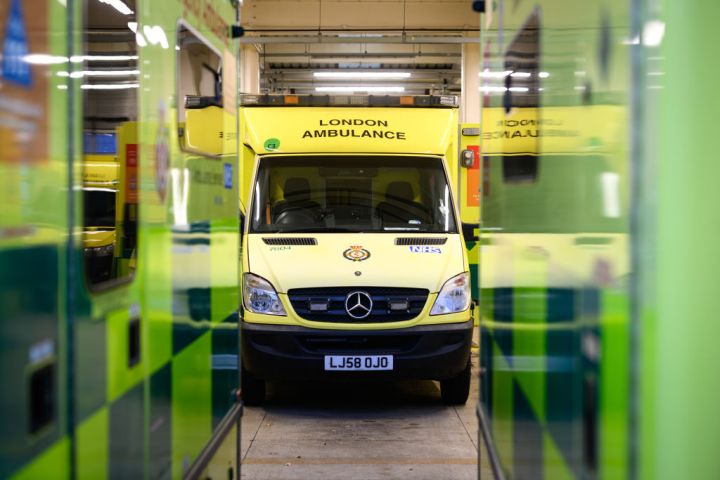Anyone who thinks the NHS isn’t in a state of collapse hasn’t been paying attention. This is the 75th year of the health service, and it is arguably its worst. Emergency doctors are now warning that A&E delays are ‘killing up to 500 people a week’. They say as many as 500 people could be dying each week because of delays in emergency care, with horrific individual stories about 99-hour waits and patients lying on the floors of A&Es. What is harder even for those who are paying attention to spot is what the government is doing to respond to this crisis.
Rishi Sunak has been worried about the NHS ever since he took over as Prime Minister, and long before. As Chancellor he took on the unremarkable position of every occupant of the role since 1948 by complaining about how much the service cost. Meanwhile he didn’t do a great deal about some of the key drivers of inefficiency that the government can change, including the crisis in social care. His own chancellor Jeremy Hunt is unusually sympathetic to the health service, given his previous roles as health secretary and chair of the health and social care select committee. It’s worth pointing out, though, that when I interviewed Hunt at the Cheltenham Literature Festival shortly before he became Chancellor, he told me that more money wasn’t going to stop a particularly bad winter crisis – it was essentially too late for that.
Few of the Tories’ measures are going to have a discernible impact in a short period of time
That is one of the political problems for the Tories: they can set off on reforms that will, in the long run, make it easier for patients to move through the system from emergency to long term social care. They can also change the amount of capital funding available so that hospitals (let alone the 40 ‘new hospitals’ that aren’t being built anyway) get the repairs and equipment they need. But few of these measures are going to have a discernible impact in a short period of time – the sort of period that the Tories have before the next election.
Now, it’s not the first time that the NHS has been in appalling state of collapse in the run-up to an election. At the turn of the Millennium, the health service was in the headlines for the same reason that it has been this winter: meltdown and tragic losses of life. One of the cases that caught the public’s interest was that of Mavis Skeet, who died in June 2000 after an operation for oesophageal cancer was repeatedly cancelled. This case and a number of others so spooked New Labour that they went into the 2001 election with a plan to rescue the NHS.
Perhaps the Tories are planning on imitating Labour’s rescue plan. They could do a lot worse. But the difference now is that the Conservatives have been in power for over a decade. Labour was seeking a mandate for a second time, having spent its first term repeatedly talking about repairing the damage wrought on the NHS by the last Conservative government. The Tories didn’t have that narrative about the health service back in 2010, and in 2023 it looks ludicrous to be blaming any of the current chaos on the last Labour government given there are teenagers who’ve lived their entire lives without that party in power. So why trust the government, even if it does come up with an impressive plan now?







Comments